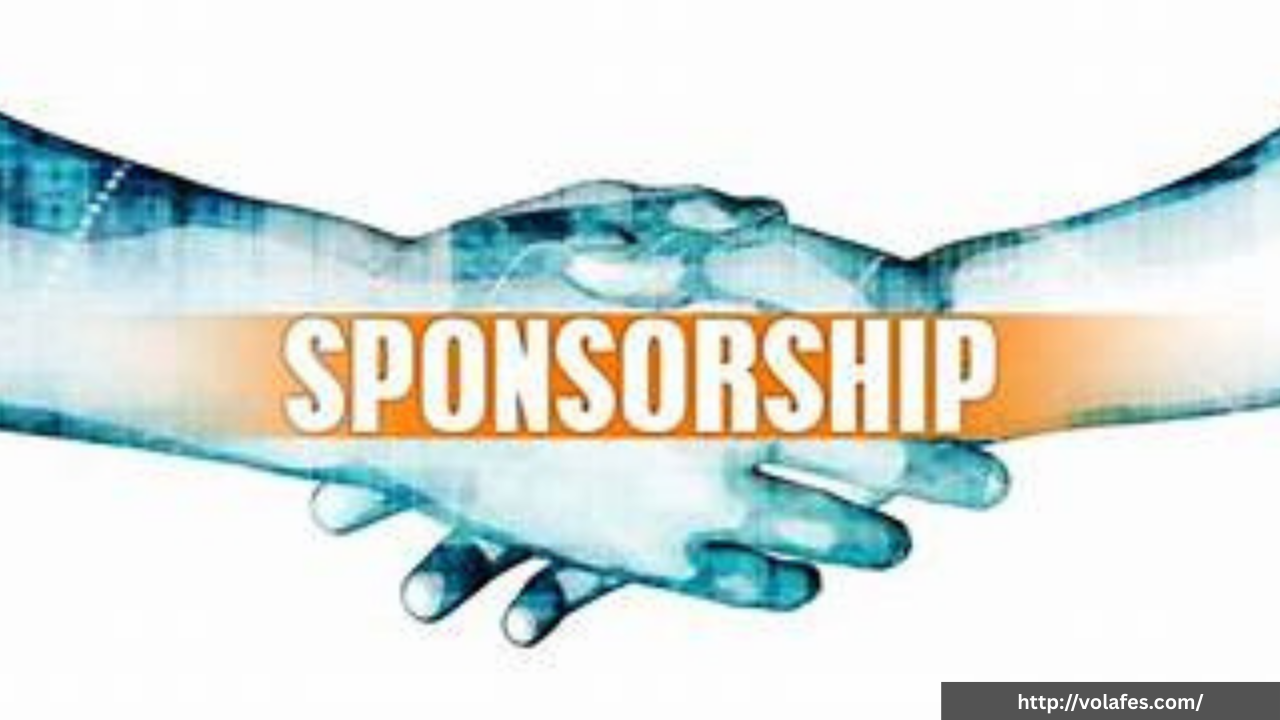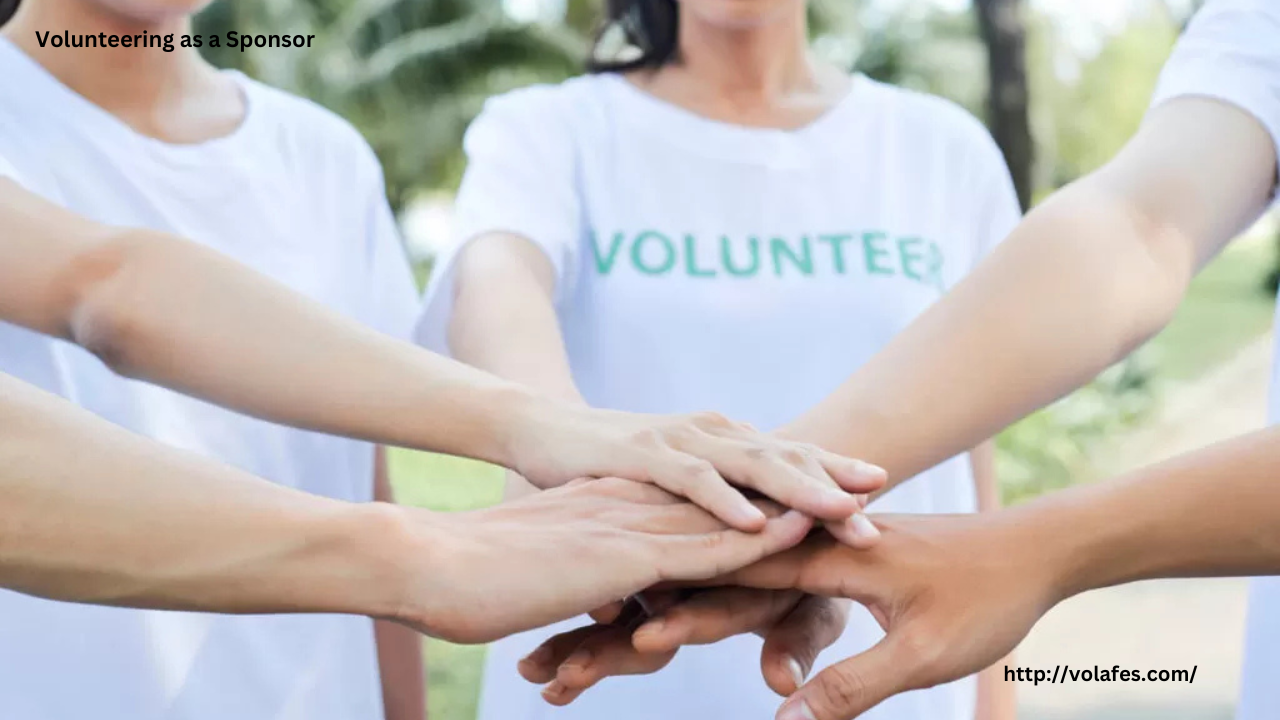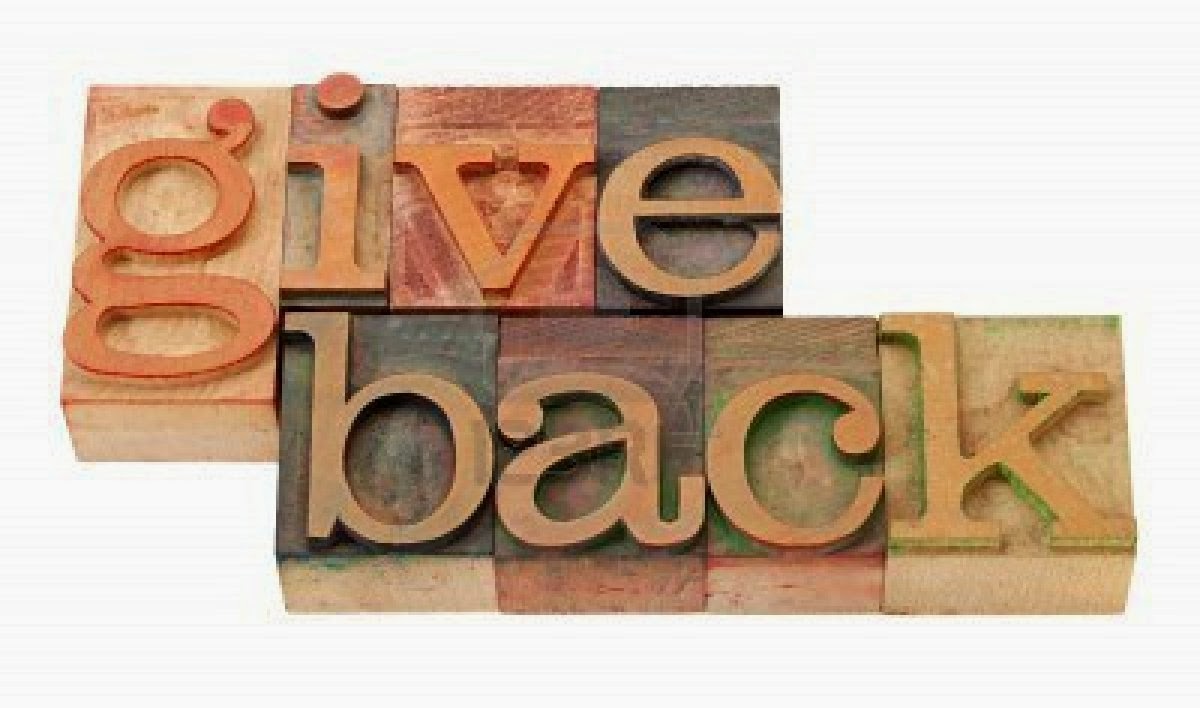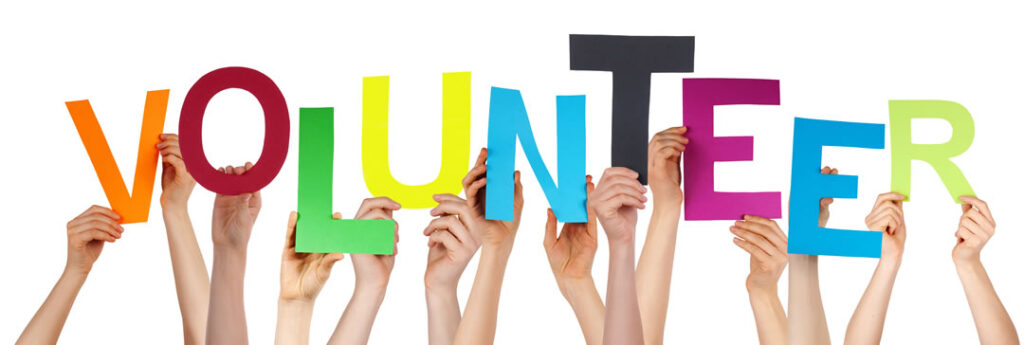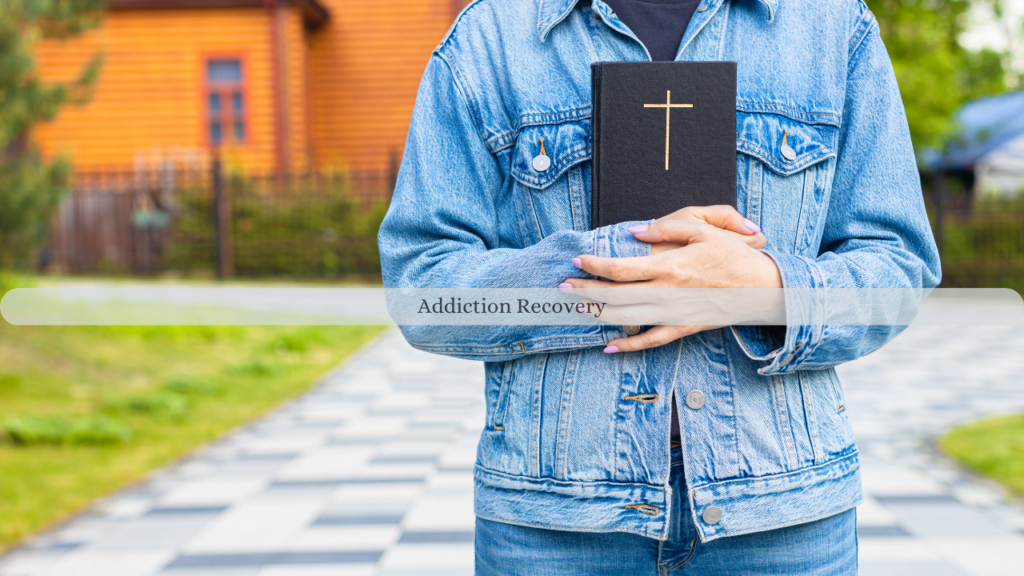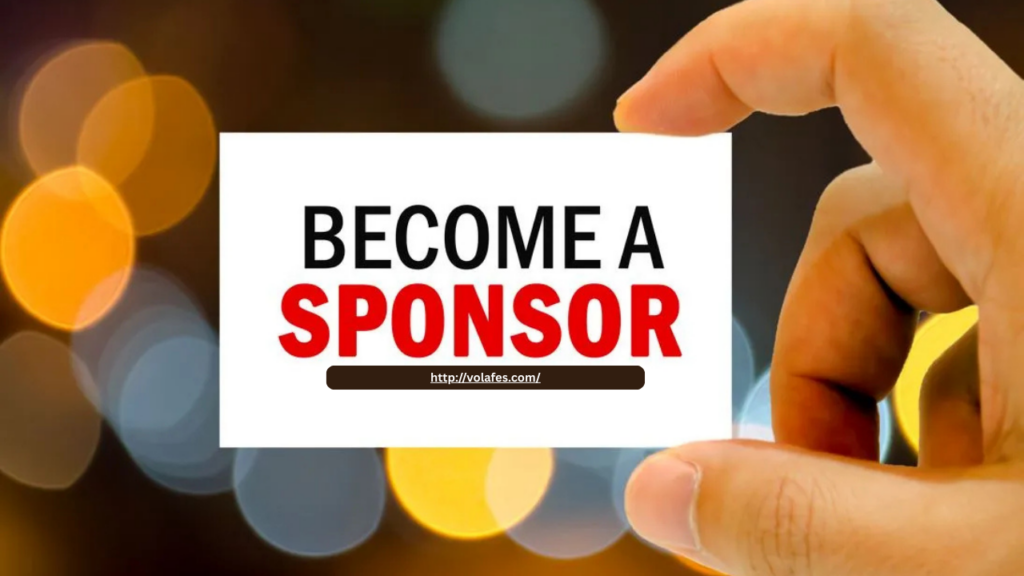
Addiction recovery is a long and often arduous journey, requiring strength, support, and a sense of community. While therapists, doctors, and recovery programs play vital roles, there is another figure whose influence often goes unnoticed: the volunteer sponsor. These individuals quietly offer their time, experience, and heart to guide others through recovery. Though their contributions may not always make headlines, the unseen impact of sponsorship is both profound and life-changing.
The Power of Personal Connection
At the core of sponsorship lies a deep, personal connection. A sponsor is someone who has been through the trials of addiction and emerged with wisdom, empathy, and the desire to help others. This unique shared experience forms the foundation of trust, which is crucial for someone in early recovery.
Sponsors provide more than just guidance through the 12 steps; they become anchors during turbulent times. Their presence offers hope, reassurance, and practical advice grounded in real-life experience. For many recovering addicts, a sponsor is the first person they can truly be honest with—someone who understands without judgment.
A Catalyst for Change
The impact of a sponsor is not always visible, but it is deeply felt. A simple phone call at the right moment, a word of encouragement during a relapse scare, or a shared story that resonates—these moments can alter the course of a person’s recovery. Sponsors may never fully grasp how much their presence influences the lives of their sponsees, but the ripple effects are significant.
For example, a sponsee who successfully maintains sobriety might go on to mend relationships, pursue education, or become a sponsor themselves. That positive change can extend to families, workplaces, and communities. And it often starts with one volunteer who chose to show up and offer support.
Quiet Strength and Consistency
Sponsorship isn’t about grand gestures—it’s about consistency. A sponsor commits to being available, to listening, and to holding their sponsee accountable. These small, consistent acts of care help build resilience and confidence in someone who may be struggling with self-doubt and guilt.
Even when a sponsor feels like they are not making a difference, their dedication is laying the groundwork for transformation. Recovery is a slow process, and just knowing that someone believes in them can give a person the strength to keep going.
A Rewarding Role
While sponsors volunteer their time to help others, they also receive a great deal in return. Watching someone grow, heal, and rebuild their life is incredibly rewarding. It reinforces the sponsor’s own recovery and gives new meaning to their journey.
Sponsorship is a way to give back, to honor the people who once helped them, and to find purpose in their past struggles. The act of helping another person can be one of the most affirming and healing experiences a person in recovery can have.
Conclusion
The unseen impact of sponsorship is a powerful testament to the human capacity for empathy and resilience. One volunteer, through consistent support and lived experience, can profoundly influence the life of someone struggling with addiction. Their role may not always be visible, but the difference they make is lasting and far-reaching—proof that even the quietest acts of kindness can change lives.

